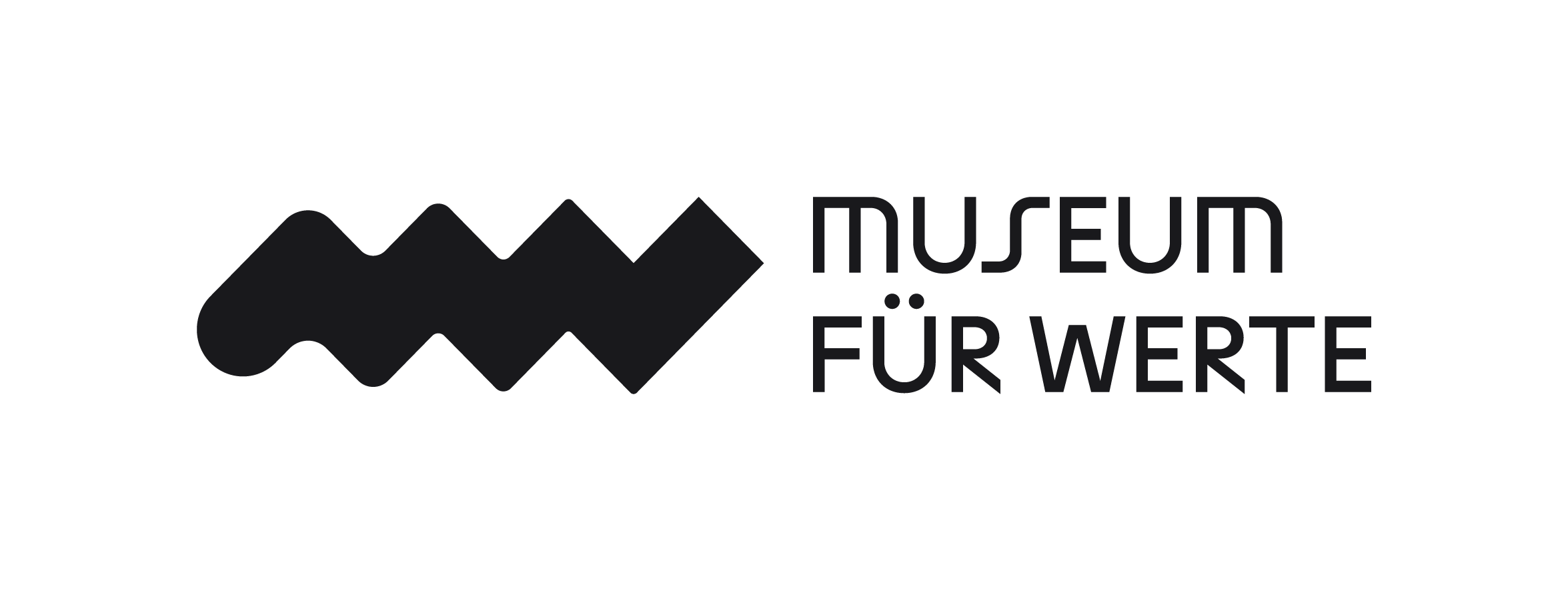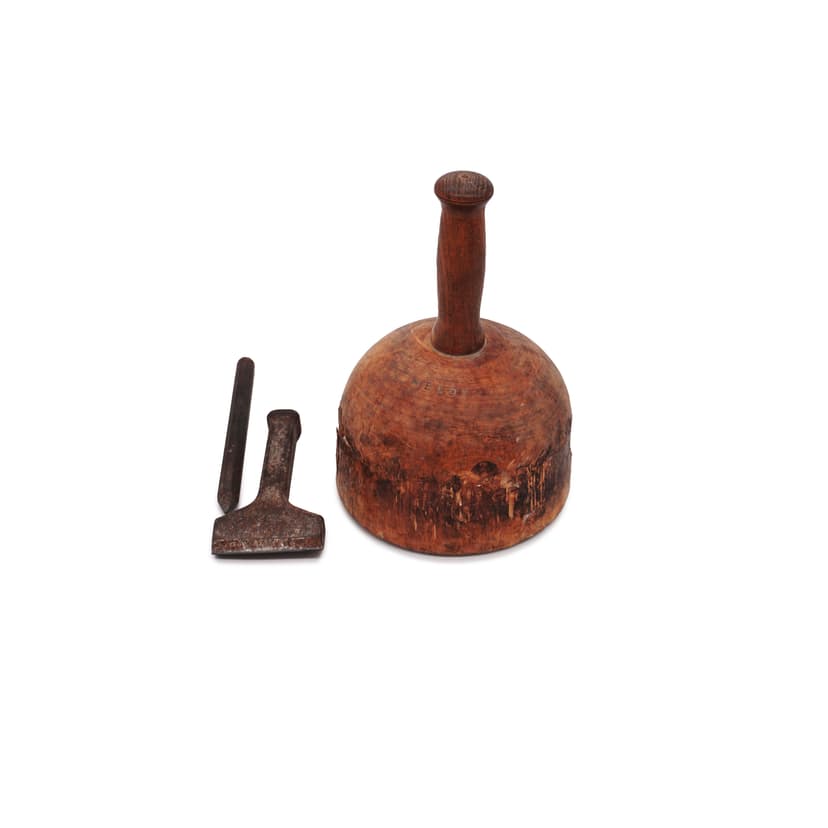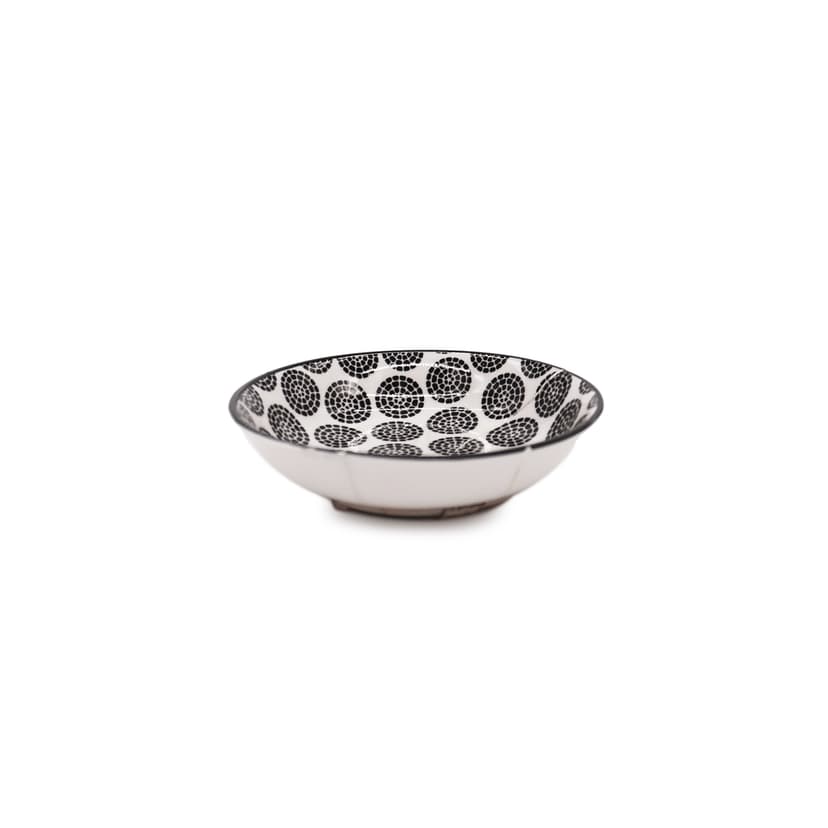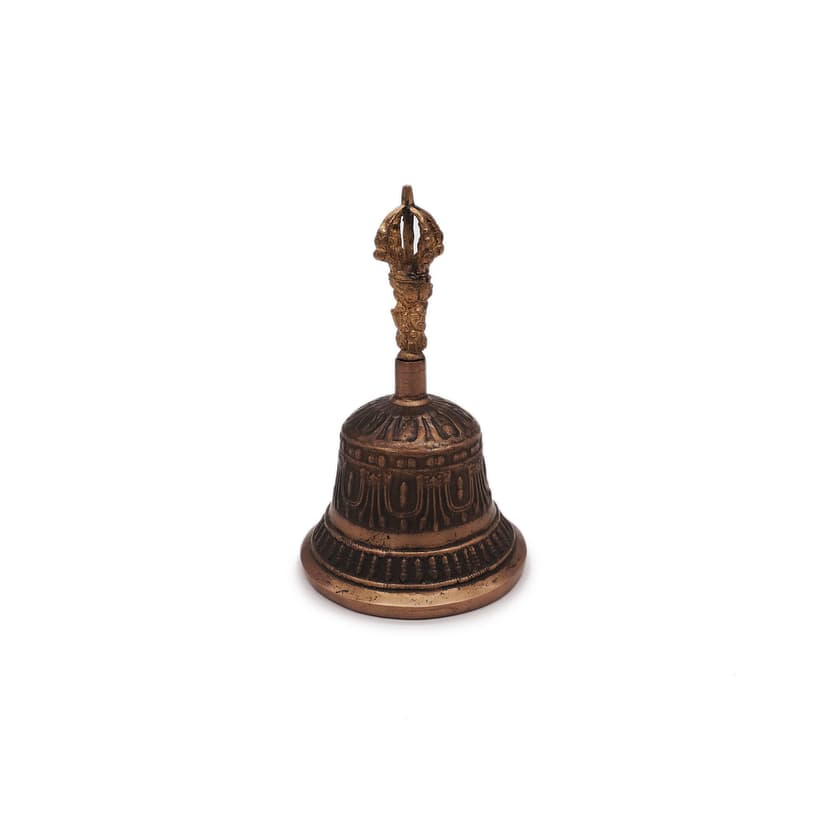I'm the fourth generation to work with natural stone. Our business dates back almost 200 years. I, too, am a stonemason. My great-grandfather died when I was seven. On his deathbed, he said to me, "You'll keep doing that, Minjung, right?" I replied, "Yes, I will, Opchen." We had a great relationship. I enjoyed looking after him. Over the years, I found a way to keep my promise. He died at 96. My grandfather at 94. Both were still working at 90. My father, at 74, is still with the company. If I extrapolate that, I have about 50 more years in the business ahead of me.
Throughout my entire school years, I knew what I wanted to be. I had friends who weren't. They didn't know where they wanted to go after graduating. It wasn't like that for me, and that was reassuring. My father suggested that maybe I should do an internship somewhere else, so I did, only to then realize that my plan was the better one. I completed my stonemason apprenticeship in Wolfsburg. After that, I was in Sweden, Portugal, and China, worked on the Frauenkirche in Dresden, and earned my master's degree, but I never lost touch with Lübeck. But it was never like my family pushed me in that direction. I could have always done something else. And I tried a lot of things. Since I was 13, I've always worked, often in the catering industry, in bars, at McDonald's, or at the cinema. My son is nine years old and wants to be a researcher. Nobody stands in front of him and says, "You have to be a stonemason." But of course, family tradition is a commitment. One has a duty to at least think about it.
My great-grandfather and my father did a lot of genealogical research. We recently had a family reunion in Luxembourg with some of the family. That means a lot to me. We have over eight different nationalities in the family, and we all feel like true Europeans. It gives me strength to see how the whole family exists. My great-grandfather, Karl Wolf, was a merchant. At the beginning of the last century, we were a 100% gravestone business. Until the 19th century, gravestones weren't that established. Only the patricians were buried. And my family built gravestones for them back then. They were very large crypts. That's why the business was more of a gravestone business. With the translation of Luther's Gospel, gravestones became more interesting to more people. People wanted to leave something behind. Then came industrialization, and gravestones became more affordable for more people. My great-grandfather then thought, "I can also sell gravestones." He bought three gravestone businesses. He lost one in the First World War, one during the currency reform, and he kept the most important one.
The natural stone came to Lübeck via the Hanseatic routes. This tradition dates back to the 16th century. We always talk about the Gotland slabs, but 90 percent of them were actually Öland slabs, brought to the Hanseatic cities by the Gotland traders. The traders sailed to Gotland with barrels full of salt, wine, and fish to trade and returned with furs. A barrel of wine is considerably heavier than a barrel of fur. They didn't have a deep draught and were more difficult to navigate. So they stopped on the island of Öland and took the Öland stone with them as weights on their ships. Back home, the people were enthusiastic. The stones were a cheap building material. The traders then began trading in Öland slabs. So Lübeck is, so to speak, built with keel ballast.
Working in a family business is always about balancing tradition and the future. I worked in the business with my grandfather and my father for a while. My father has always been my partner. When my father came to the company decades ago with the idea of purchasing computers, my grandfather said, "You can do that crap at home, but not at the company." I never had moments like that with my father. My father is my best partner. We don't always agree, but we always find a common path. There's nothing he can stop.
We are a modern, traditional business. That means we now have paperless accounting and communicate via digital devices – my father supports all of these developments. That's not something to be taken for granted. On the other hand, we have our stonemasons, who work with hammer and chisel. Why? Because they can. There isn't a machine for every job. That's why I need traditional craftsmanship. When we started digitizing, many employees were afraid that we would lose respect for craftsmanship, that we would rationalize away the activities. We had to show people that we respected their work.
I was always taught that my freedom ends where the freedom of others begins. I'll never forget how my father explained it to me with three intersecting circles. "Look at this: that's you, your parents, and your sister. There are intersections. And you have to be respectful in these intersections." Anyone who wants to fulfill their potential can only do so within a respectful framework. If I behave respectfully toward the personality and achievements of other people, I've found the best way to deal with it. You can see how not to do it on social media, where all respect has been lost. In moments like these, I think of my father and the three circles. I still have a sticker he once stuck in my room after we had an argument. It says: "I like you too, my best friend." I still think that's a beautiful example of a father-son relationship. Today, my old childhood bedroom houses the construction department of our company. That sticker is still stuck to the window. No one is allowed to take it off.




